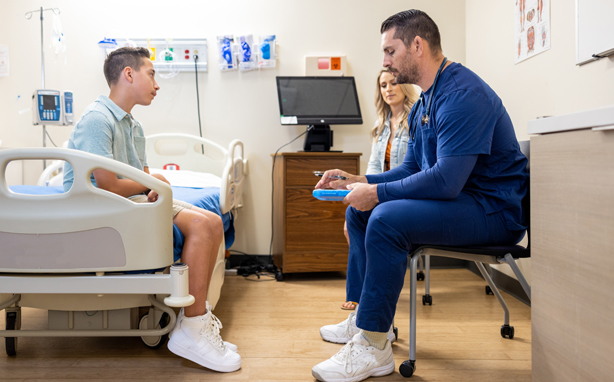Amid a national crisis in child and adolescent behavioral health, children’s hospitals and health systems are rising to the challenge. Despite facing unprecedented staffing and volume pressures over the last few years, they have advanced behavioral health care through innovative and proven programs, partnerships and workforce solutions. These stretch the typical boundaries of hospital care, meeting kids before, during and after a mental health crisis to ensure they receive essential care at every point in their journey.
“Children’s hospitals have been doing tremendous work to address the crisis, not only thinking outside the box but expanding the box itself,” says Jeff Sperring CEO of Seattle Children’s and chair of CHA’s Board of Trustees. “Whether devising creative labor strategies, reimagining community partnerships, or integrating behavioral health where kids spend their time, children’s hospitals have changed the paradigm for how we provide behavioral health care and build a workforce to sustain it.”
Find a collection of these strategies below. If your hospital has a program making an impact, we'd love to hear from you.
























